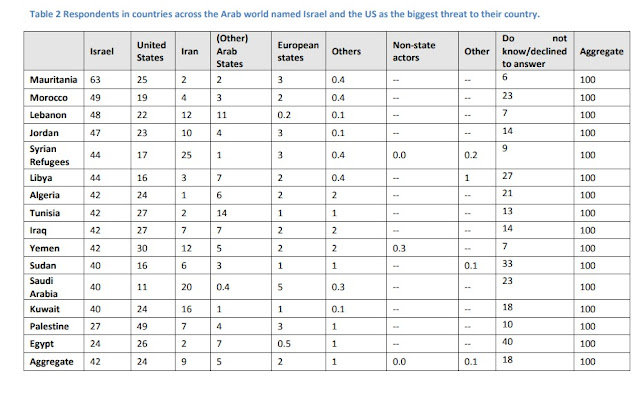“Jacob,” who works in the gold trade with his relatives in the Al-Baraka market in the old city of Tunis, asks: “Do you notice any difference between me and any Tunisian Muslim?” And he adds, after I answered him in the negative, as he shows me a small hat that he took out of his pocket: “In the capital, I avoid putting a kippah (a cap worn by religious Jews) on my head, because it symbolizes my Judaism, and we are very few here and I would be subject to racism, while in Djerba I put it with pride, with my head held high, without fearing anything, because there we have coexisted with Muslims for thousands of years like brothers."
The young man, in his twenties, spoke to Raseef22 about incidents of racism that he encountered, which he described as “normal.” However, his trembling voice and frequent sighs between words and the next expressed the depth of the impact they left on him. He says: “Once I asked a Muslim friend about the price of a smartphone of the last time he had bought it. He said to me without thinking, 'I paid the fat of the Jews into him.' I changed the subject, but the incident remained in my mind.”
In Tunisia, the expression, “It cost me the fat of the Jews,” means it was very expensive . Accounts differ regarding the true meaning of this phrase, but the most widespread of them is that the fat is considered forbidden by the Jews.
There are many expressions that denote racism in the Tunisian dialect. We find expressions such as: “Hasak, Jew.” The term “Hasak” is used in Tunisia to disavow a bad and disgraceful act, and the phrase “Hasak, Jew” is said to every person who commits a shameful act.
Likewise, the expression “Latif Mullah Jew” is said, which means “This person does not fear God in his creation,” and other outrageous phrases that are based on discrimination on the basis of religion.
...David Ozan (66 years old), retired, lives in the city of Meknine in Monastir Governorate, on the eastern coast, and has lived in Sousse Governorate for 40 years. He says: "I have never been subjected to racist practices during the sixty years that I have lived."
David tells Raseef22 about the peaceful coexistence between him and his Muslim neighbors, without disturbing his relationship with them: “I used to own two grocery stores in Sousse. My Muslim brothers, just as most of my friends and family members are Muslims, I congratulate them on their holidays and they congratulate me on my holidays, and none of us bears a grudge against the other."
....
David is silent for a while and then adds: "I do not deny the fact that there are some occasional racist practices against the Jews. To judge our Muslim brothers through the hybrid practices of individuals who can be counted on the fingers of the hand... If accidental discriminatory practices happen, we do not base our relations on them and do not pay any attention to them in the first place, because the haters are everywhere, and we should not judge a group based on the behavior of reckless individuals."
Jewish cemeteries in Tunisia are sometimes subjected to vandalism and destruction, similar to what happened in the Jewish cemetery in Sousse last March.
Tunisia is undoubtedly one of the more tolerant Muslim countries, and there is nothing described in this article that doesn't happen in parts of the US (when car shopping in the 90s, one sales representative told me "I don't want to Jew you down.") Yet the article does not try to downplay the antisemitic expressions that have become part of everyday language and the dangers that this represents.
It is impressive to see such a fair, unbiased article about Arab antisemitism in any Arabic language media.

 Elder of Ziyon
Elder of Ziyon





























.jpg)




